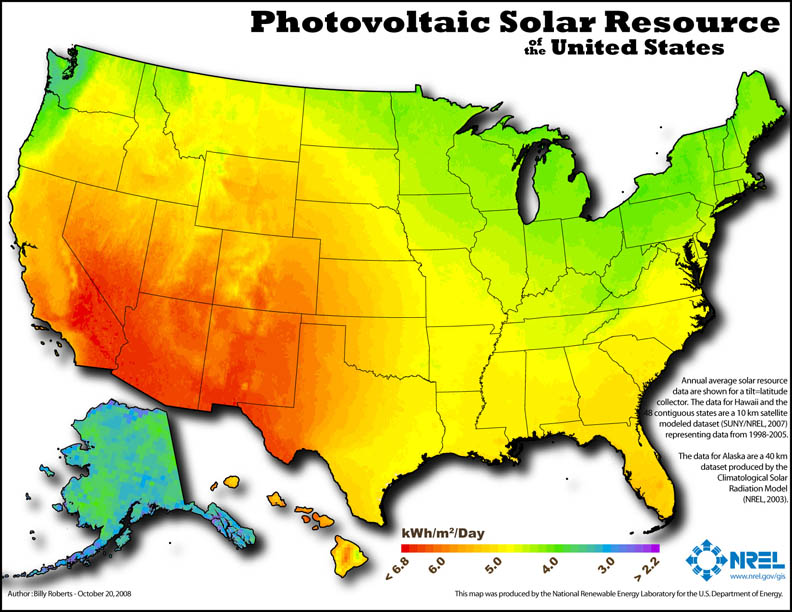forum
library
tutorial
contact

Is Tesla's Powerwall
Battery a Utility Killer?
by Jessica Shankleman
GreenBiz, May 4, 2015
|
the film forum library tutorial contact |

|
Is Tesla's Powerwall
by Jessica Shankleman
|
 Luxury electric car manufacturer Tesla Motors has unveiled a series of batteries that will allow homeowners and businesses to better store renewable energy -- an attempt to solve a major challenge facing the transition to a low-carbon economy.
Luxury electric car manufacturer Tesla Motors has unveiled a series of batteries that will allow homeowners and businesses to better store renewable energy -- an attempt to solve a major challenge facing the transition to a low-carbon economy.
Elon Musk, Tesla's founder and chief executive, made the much anticipated announcement last week, confirming the new modular Powerwall system would sell at $3,000 for a 7kWh battery, rising to $3,500 for a 10kWh unit. Deliveries are expected to start in late summer in the U.S.
Musk said the new Tesla Energy division represented a "critical step" in his ambition to shift the global energy systems towards greater use of renewable power.
"We're talking about trying to change the fundamental energy infrastructure of the world," said Musk at the launch. "This is actually within the power of humanity to do. It is not impossible."
The rechargeable lithium-ion battery units that mount on the wall are designed to enable load-shifting. Solar energy produced when it is not needed will be stored and released at times of peak demand to prevent blackouts or recharge an electric vehicle.
U.S. solar installation specialist SolarCity, of which Musk is also chairman, already has installed around 300 batteries in homes in California as part of a pilot to test the system. SolarCity also will be one of a number of third parties approved to install the Powerwall system.
Tesla also will sell industrial sized 100kWh batteries that can be used by utilities or large businesses, costing $250 per kWh. Musk told reporters that one potential customer already wanted to install 250MWh worth of the grid-scale batteries.
In the long-term, Telsa expects to produce the batteries at its $5 billion "gigafactory" under construction in Nevada. Musk said he expected to build more factories in the long-term, predicting demand from countries with a large amounts of solar capacity already installed, such as Germany.
An energy tipping point?
Catherine Mitchell, professor of energy policy at the University of Exeter, called the announcement "a nail in the coffin" for conventional utilities.
"Storage offers the ability to extend both the displacement of fossil fuels and reduction of prices beyond peaks -- making it even worse for companies whose business models are based on fossil fuels and peak pricing profits," she said. "The question is no longer whether decentralization will happen within the energy system, but when the tipping point will be."
Tesla is not the only company trying to crack the home energy storage market. Earlier this month, U.K. energy supplier Ecotricity revealed it was working on a "black box" that would allow consumers to store energy at times of low demand and then release it during peak times to help balance the grid.
Similarly, U.K. startup Moixa Technology offers its Maslow energy storage system, currently being trialed in 250 homes as part of a government-backed pilot project.
Advocates of energy storage maintain that it could slash energy-related emissions and drastically curb the cost of renewable energy, by ensuring periods of peak generation when the sun is shining or the wind is blowing are fully harnessed.
learn more on topics covered in the film
see the video
read the script
learn the songs
discussion forum
